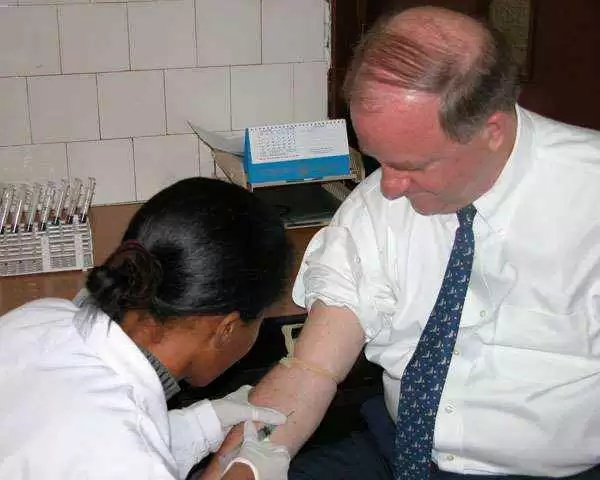Celiac.com 10/02/2009 - A team of researchers led by Michelle M. Pietzak, M.D., of the University of Southern California Keck School of Medicine in Los Angeles, recently conducted a large-scale study to identify HLA-DQ haplotypes most connected with increased risk of celiac disease.
Their results show that for people with elevated risk factors for celiac disease, it is in fact possible to stratify risk based on HLA-DQ genotype, according to results of the study published in the September issue of Clinical Gastroenterology and Hepatology.
Celiac.com Sponsor (A12):
The research team analyzed blood samples from 10,191 subjects with elevated risk for celiac disease due to clear clinical symptoms, an affected family member, or the presence of other conditions associated with celiac disease.
They found that eight major genotype groups commonly tested positive for anti-endomysial immunoglobulin A. They also noted a steady progression of elevated risk rising from 2.11 percent for DQ8 heterozygotes up to 28.28 percent for DQ2.2+DQ7.5 homozygotes.
Additionally, they discovered that the relative risk for anti-endomysial immunoglobulin A positivity of DQ8 homozygous:heterozygous was about the same as DQ2 homozygous:DQ2.5 heterozygous samples, with an odds ratio of about 4.0 for each.
Based on the results, the team concludes that the information might "further quantify the relationship between the expression of celiac disease-associated heterodimers and the occurrence of celiac disease, aid in characterizing previously indeterminate cases, and potentially avoid intestinal biopsies when used in combination with highly sensitive and specific serology."
The add that "targeting these high-risk alleles might aid the design of peptide immuno-therapeutic strategies to augment the gluten-free diet."
Prometheus Laboratories underwrote the study, and all study authors work or consult for the company.
Source:
Open Original Shared Link







Recommended Comments